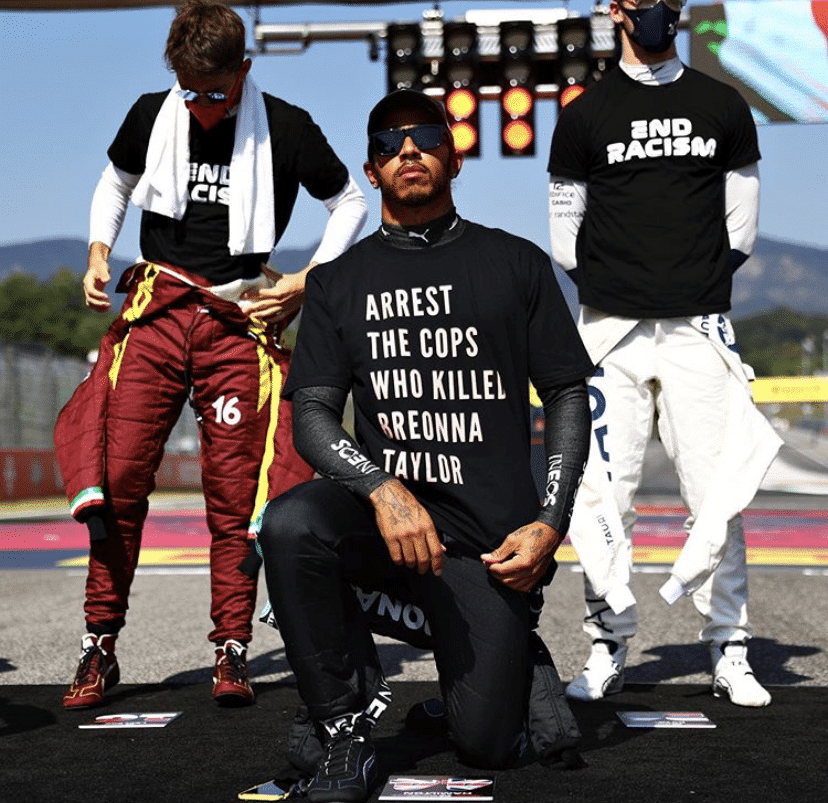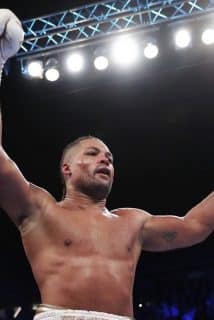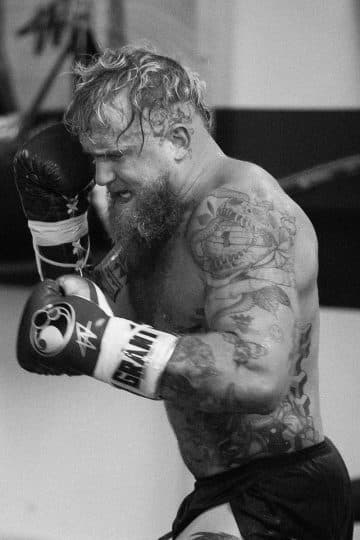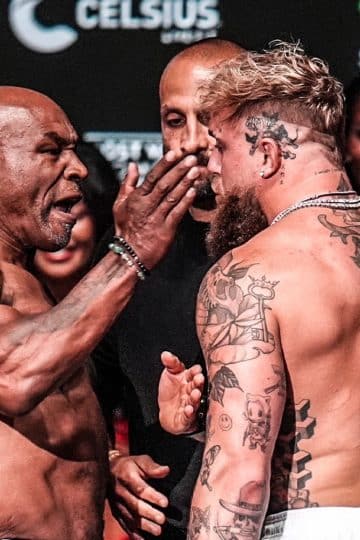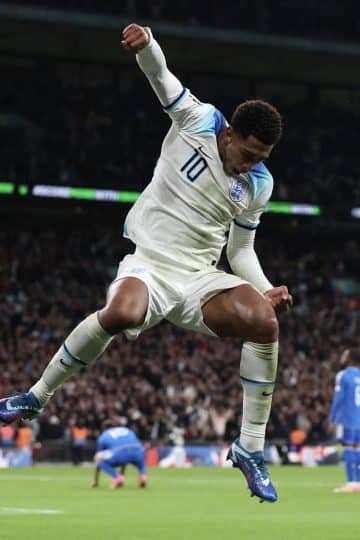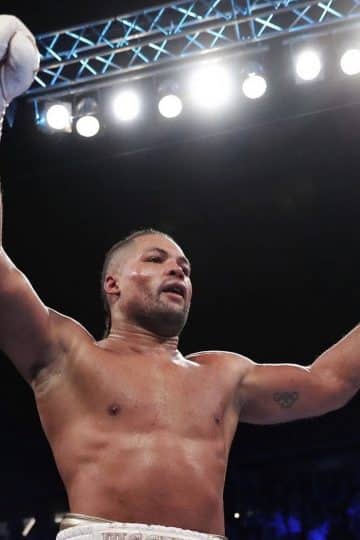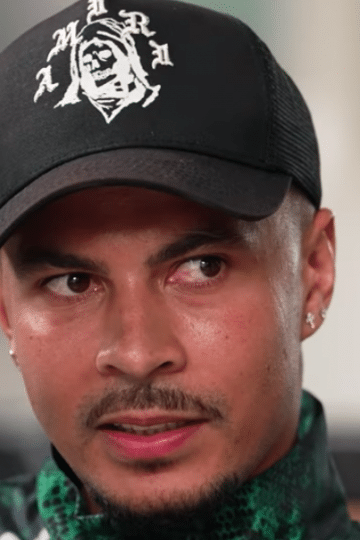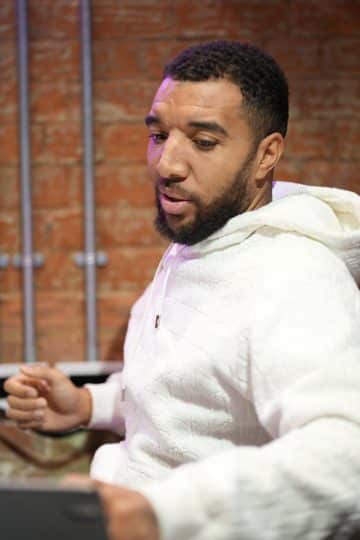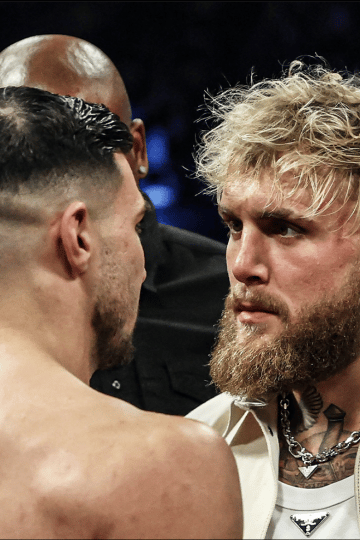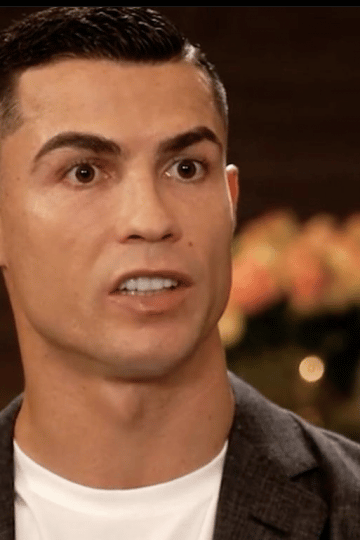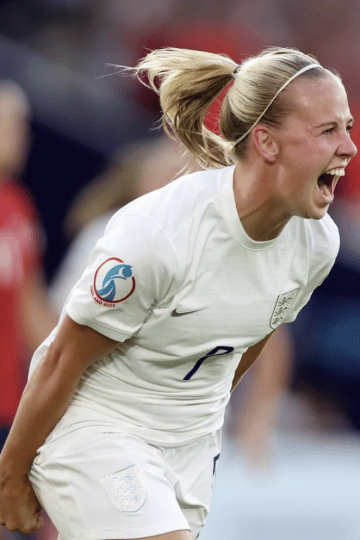Lewis Hamilton and sporting protests
Sport
Lewis Hamilton's protests on the grid and the podium about Black Lives Matter show a sportsman using his influence in a manner which must be applauded.
Lewis Hamilton continued his season of victories at Tuscan this weekend, as well as his season of protests – sporting a t-shirt on the grid and podium which read: ‘Arrest the cops who killed Breonna Taylor’. Breonna Taylor of course being the young medical first-responder who was shot eight times in her bed by police entering her house on a drug search – the incident has caused riots in the States and further antipathy towards the police.
The point here is that many media outlets and commentators are insisting Hamilton should be censured for this, and that the mixing of politics and sport shouldn’t be allowed.
Firstly it shouldn’t be taboo for sports stars to vocalise certain issues – his protests here, as they have been all season, aren’t political but about racism. A human rights issue which everyone surely has not just a voice to lend but actually a responsibility to lend it. Sportsmen like Hamilton are some of the most visible people on earth, and people listen to what they say, and watch for their example. Of course they are not historians or lawyers but they can certainly appreciate and support rallying cries around injustices as much as the rest of us.
From John Carlos and Tommie Smith giving the black power salute on the podium at the 1968 Olympics to Colin Kaepernick taking the knee in the NFL, black sportsmen using their platform has had particular resonance. Coming from communities who often have been historically denied a voice elsewhere in culture, can gain one through sport, via these heroes. Often there is great personal cost to them – Kaepernick is currently unsigned, it remains to be seen what will happen to Hamilton – but their example is important to kids looking up to them, and lends weight and visibility to issues which transcend apparent limitations. After all, what area of society is unaffected by race? Sport certainly is. The very fact Lewis Hamilton is the only black driver in Formula One in history shows he has a point to make about the racism in society. Maybe even a duty to make that point.
Top sportsmen in their day – the most iconic, known even to people who don’t follow their sports – become cultural leaders by virtue of the sheer level of their fame and are looked to for their thoughts; they have a power, and can therefore touch cultural and social mores. Hamilton’s protest comes off the back of the BLM movement and in the same week Diversity ‘controversially’ brought the issue to Britain’s Got Talent. Despite all the complaints, let’s face it, these are responsible, non-violent, family-friendly moments; when protests are expressed through the medium of dance it’s hard to see why there should be so much outrage. Indeed, it’s not just the medium, the very issues that they are bringing to living rooms across the land are responsible and family-friendly: racism is wrong, and we all need to unite to fight it.
Often the criticism ringing out about Hamilton is along the lines of ‘he’s a millionaire, what’s this over-privileged brat moaning about?’, as if that should negate his convictions. It’s disingenuous too, as Hamilton may be in a world of over-privileged sportsmen, but they are obviously mostly white – his very presence, as F1’s first black driver, who is on his way to becoming the greatest driver in history, carries weight in a way that means his wealth and fame amount to crashing of a world that had no precedent of diversity. Indeed, Hamilton should also be applauded for recognising now the power and influence he has, steering his public persona away from supermodels and flashy jewellery to one of social change. Seeking meaning, and responsibility – you see it time and again with those sportsmen who reach a position of excellence where the whole world listens: they find themselves in a position which transcends their sport, and start to use that role to do good. Muhammad Ali is perhaps the ultimate example of this, using his voice – and searing intelligence – to get right to the heart of prejudice and hypocrisy which put his career in danger but placed him firmly on the right side of history. Back when he was stripped of his title for refusing the Vietnam draft, Ali said:
‘Why should they ask me to put on a uniform and go ten thousand miles from home and drop bombs and bullets on brown people in Vietnam while so-called Negro people in Louisville are treated like dogs and denied simple human rights?
No, I am not going ten thousand miles from home to help murder and burn another poor nation simply to continue the domination of white slave masters of the darker people the world over. This is the day when such evils must come to an end. I have been warned that to take such a stand would put my prestige in jeopardy and could cause me to lose millions of dollars which should accrue to me as the champion.
But I have said it once and I will say it again. The real enemy of my people is right here. I will not disgrace my religion, my people or myself by becoming a tool to enslave those who are fighting for their own justice, freedom and equality …
If I thought the war was going to bring freedom and equality to 22 million of my people they wouldn’t have to draft me, I’d join tomorrow. But I either have to obey the laws of the land or the laws of Allah. I have nothing to lose by standing up for my beliefs. So I’ll go to jail. We’ve been in jail for four hundred years.’
This is not to say it is only black sportsmen who can protest, and has not historically only been them. During the miners’ strike in the 80s, many footballers and football teams – and their fans – rallied in support of the communities which were struggling. Again, though, this was a case of trying to represent those people who were in danger of being left out of society or demonised by the press, and came from a sense of community responsibility: often the sympathetic clubs were northern, where players or players’ families were working or had worked in pits. The same sensibility applies today: if the most visible representatives of a community aren’t joining a protest against injustices wrought on that community, then who will?
In this sense, Lewis Hamilton should be celebrated for protesting, we hope he doesn’t suffer any consequences from the F1 authorities, as some are calling for. If fighting racism is deemed unacceptable then we have a big problem: this isn’t politics, this is a human rights issue, the fight for a fair civilisation to which we all have to contribute.

Join The Book of Man
Sign up to our daily newsletters to join the frontline of the revolution in masculinity.




